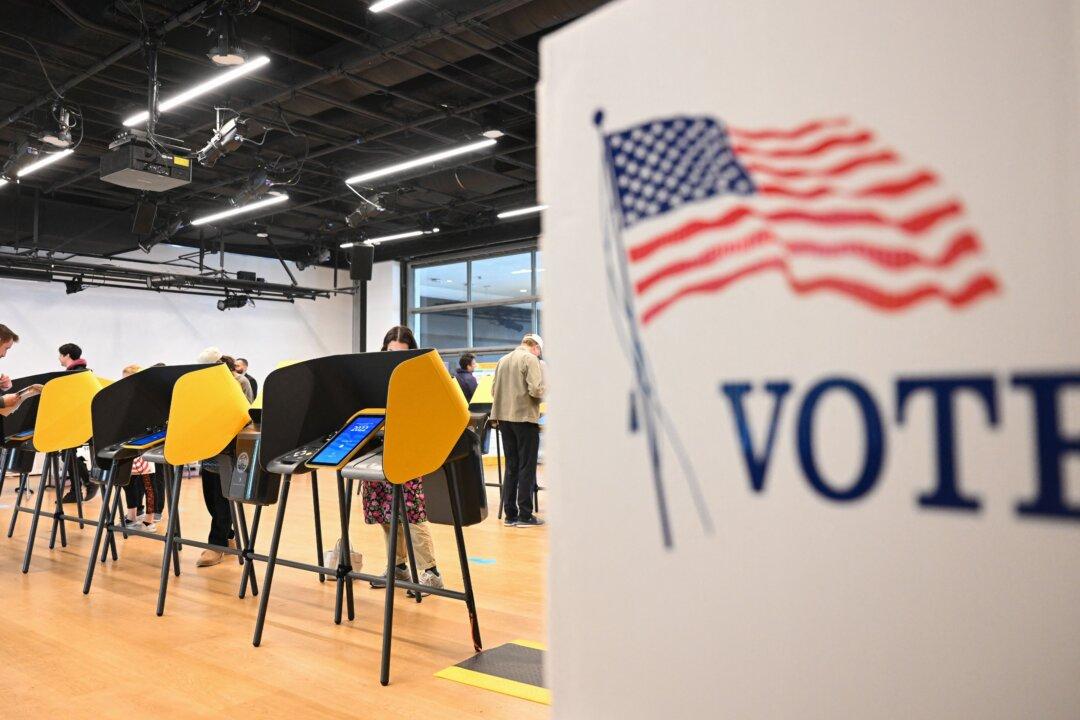The 9th Circuit Court of Appeals has ruled that an election integrity case involving complaints from congressional candidates in 13 counties across California has standing to challenge the constitutionality of the state’s election laws, regulations, policies, and procedures in federal court.
The case has been sent back to a federal district court in Los Angeles court for discovery, moving the litigation forward, the Election Integrity Project, California (EIPCa) announced Nov. 21.





